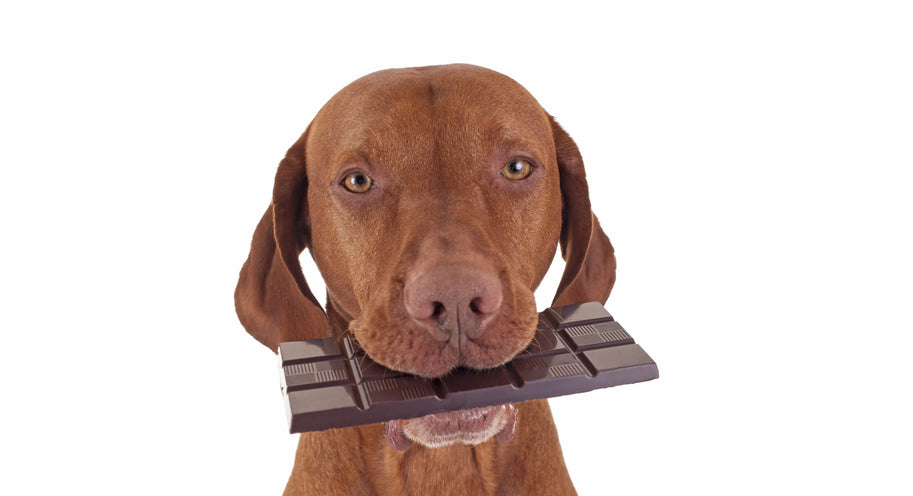It’s that time of year when you need to be vigilant of your pets whereabouts in your home. Dogs are natural scavengers so they will seek out any food and are particularly drawn to the sweet smell of chocolate. So where do you have that chocolate egg hidden?
Chocolate doesn’t pass through a dog’s system, so it gets stored and can ultimately lead to long-term liver damage or even death.
Chocolate contains theobromine, which is in the same family as caffeine, it is absorbed in the bloodstream and causes cardiac, kidney and neurological dysfunction in dogs.
Dogs and some other animals, such as cats and horses, can’t metabolise theobromine as quickly as humans can.
All dogs react differently – while some will have no obvious reaction others can have reactions within hours of ingesting, including:
- vomiting
- diarrhoea
- muscle twitching
- excessive panting
- hyperactive behaviour
- dehydration
- digestive problems
- seizures and;
- rapid heart rate
If you suspect your pet may have ingested chocolate contact your Vet immediately.
A few tips to keep your pets safe:
- Store chocolate well away from dogs. Hide chocolate out of reach. Only use larger eggs for Easter Egg hunts in the garden, so none will be missed by your family for your dog to find.
- Offer safe alternative treats. Dogs can digest carob and love other treats such as pigs ears.
- Make time to take your pet for a check-up. This this will ensure your pet is healthy and happy, especially before heading away on holiday.
FACT: Dark chocolate toxicity is up to four times more severe than milk chocolate!






